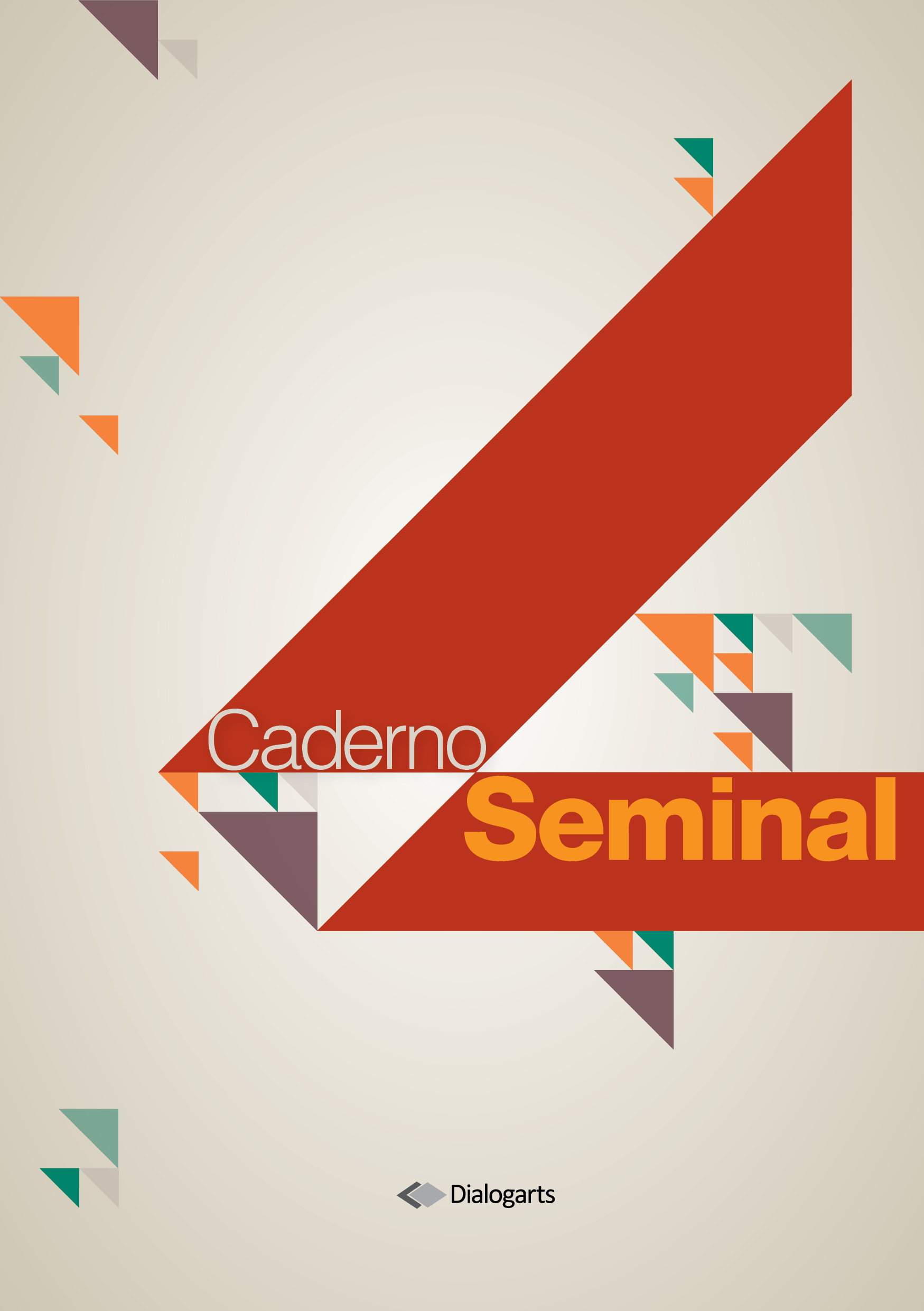PARA ALÉM DA CLASSIFICAÇÃO GRAMATICAL: O ENSINO DA CONEXÃO DE ORAÇÕES SOB PERSPECTIVA DA LINGUÍSTICA SISTÊMICO-FUNCIONAL
Conteúdo do artigo principal
Resumo
Para o desenvolvimento de uma competência discursiva pelos estudantes da
escola básica, principalmente no que se refere às habilidades de leitura e de escrita, é
necessário que se estimule a reflexão sobre os usos dos recursos linguísticos. Assim, é
indispensável que exista uma abordagem funcional do trabalho com língua portuguesa
em sala de aula. Por isso, com base na perspectiva da Linguística Sistêmico-Funcional
(HALLIDAY e MATTHIESSEN, 2014), na qual uma língua é interpretada como um
sistema de significados, acompanhados de formas por meio das quais os significados
podem ser realizados, o objetivo deste trabalho é apresentar uma forma mais pragmática
e menos metalinguística de se tratar o complexo oracional, tradicionalmente conhecido
como período composto. Por meio de um artigo de opinião, foram selecionadas
estruturas oracionais a fim de perceber como estas se relacionam com o propósito
comunicativo do gênero. Dessa maneira, acredita-se em um ensino de gramática a partir
da análise das escolhas léxico-gramaticais, considerando o texto em sua construção
processual, o que possibilitará aos alunos maior autonomia em diferentes contextos de
práticas sociais.
Downloads
Detalhes do artigo
Ao submeter seus manuscritos para publicação em nossos periódicos, os autores concordam com os seguintes termos:
a. Autores mantêm os direitos autorais e concedem à revista o direito de primeira publicação, com o trabalho simultaneamente licenciado sob a Creative Commons Attribution License, que permite o compartilhamento do trabalho com reconhecimento de sua autoria e da publicação inicial neste periódico.
b. Autores têm autorização para assumir contratos adicionais separadamente, para distribuição não exclusiva da versão do trabalho publicada neste periódico (ex.: publicar em repositório institucional ou como capítulo de livro), com reconhecimento de sua autoria e da publicação inicial neste periódico.
c. Autores têm permissão e são estimulados a publicar e distribuir seu trabalho online (ex.: em repositórios institucionais ou na sua página pessoal) antes ou durante o processo editorial, já que isso pode gerar alterações produtivas, bem como aumentar o impacto e a citação do trabalho publicado.

